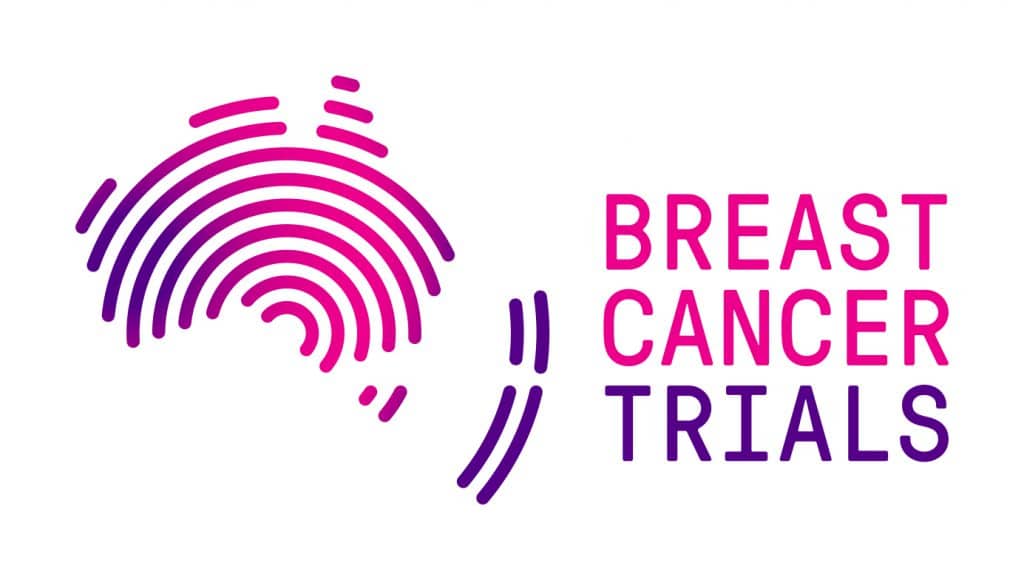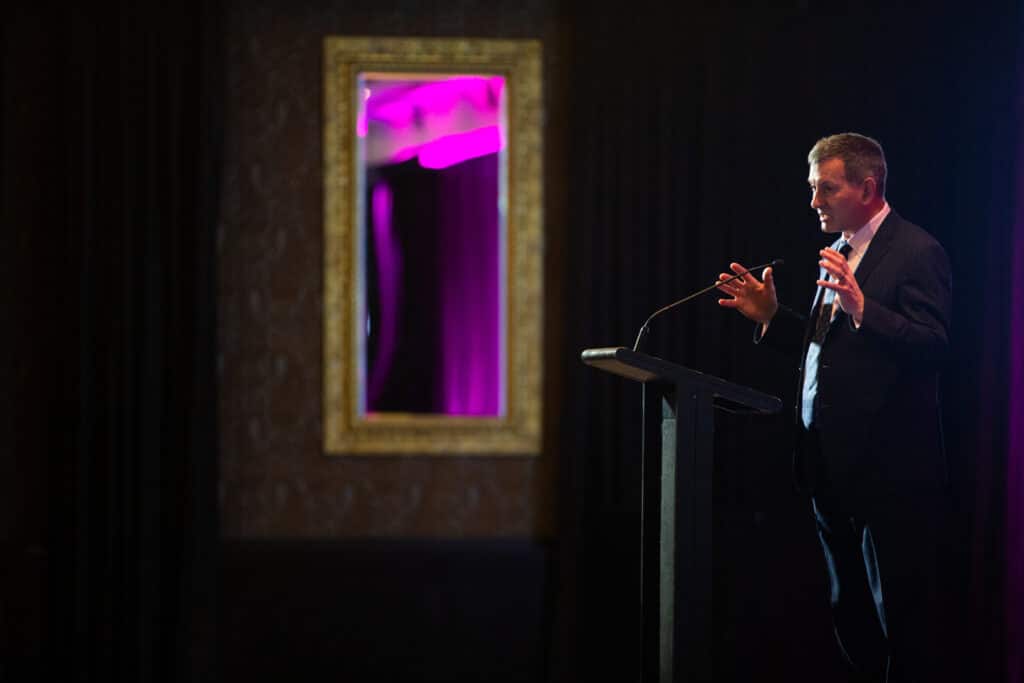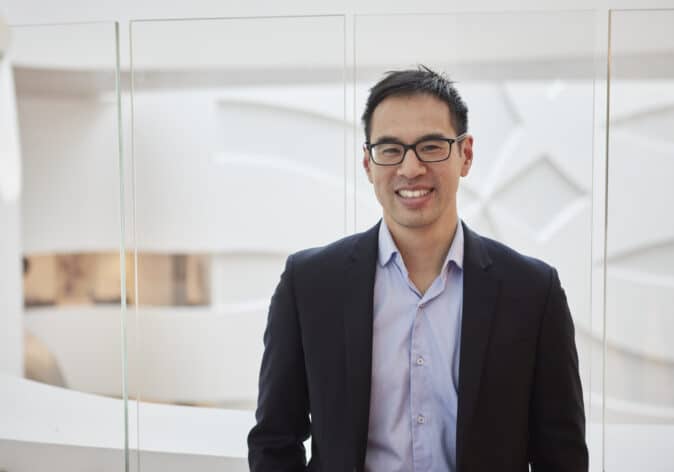Alastair Thompson is a Professor of Surgery and Associate Director of the Dan L Duncan Comprehensive Cancer Centre at the Baylor College of Medicine in Houston, Texas.
Professor Thompson was an international guest speaker at Breast Cancer Trials 44th Annual Scientific Meeting in Auckland, New Zealand, and we asked him about his research in the areas of DCIS, Neoadjuvant chemotherapy, and postoperative recovery.
“So, the Breast Cancer Trials conference is a really exciting annual event. I think it’s a huge privilege to be invited to come here and to share some thoughts and ideas, and also listen to the wisdom that’s emerging from New Zealand and Australia.”
“International collaboration in breast cancer is essential if we’re going to address some of the continuing and ongoing problems that women and men face with breast cancer. And the ways we’re going to do that, and are doing that, is to work together so that when we design clinical trials, that we work across the world to implement those trials.”
“So the topics that I’m going to be talking about range from DCIS, which is pre-invasive malignancy of the breast, where we still don’t know how to stop over treating patients, and there are a number of trials going on around the world, which I’m going to allude to and mention, that I think are going to change practice in the next 2, 5, and 10 years.”
“And then at the other extreme, we have patients who have an invasive cancer in the breast, which we treat with neoadjuvant chemotherapy to shrink and melt the cancer. A conundrum at the moment is that if we are successful, and our medical oncologists shrink the cancer so there’s nothing there, how do we tell there’s nothing there?”
“And if there is nothing left, why are we operating as surgeons? Because the patient doesn’t get a benefit from that surgery. So the big debate, if you like, is are there patients that we can avoid or omit surgery for, after they’ve had their cancer melted by neoadjuvant therapy.”
“Once we discover a better way of treating our patients, we need to actually use the trial’s evidence and put it into practice in every country around the world.”
Listen to the Podcast
We spoke with Professor Alastair Thompson about his research in the areas of DCIS, Neoadjuvant chemotherapy, and postoperative recovery.
What are some of the major milestones that have been made in the breast cancer space over the last decade?
“Breast cancer has become a series of niches that we need to address individual problems for individual patients and that needs global intervention with a series of studies trials to try and work out what we can do.”
“Then to reduce that to a patient specific issue of how are we going to do less for some patients who don’t need the treatments and how are we going to target the more aggressive, nastier cancers and get rid of them as well if we’re going to achieve what I think we can do, which is to improve our breast cancer survival and the quality of life.”
Support Us
Help us to change lives through breast cancer clinical trials research



